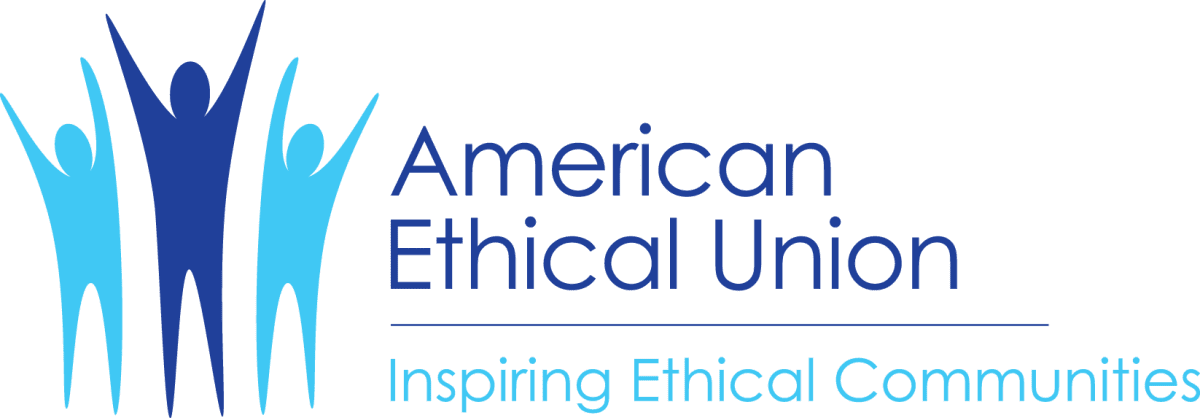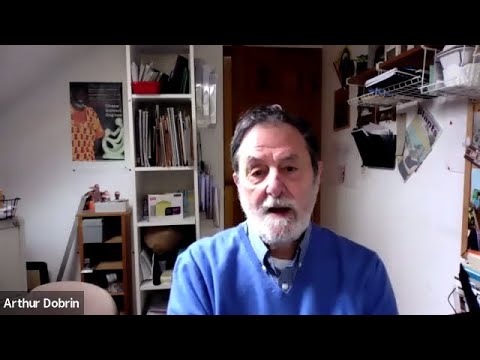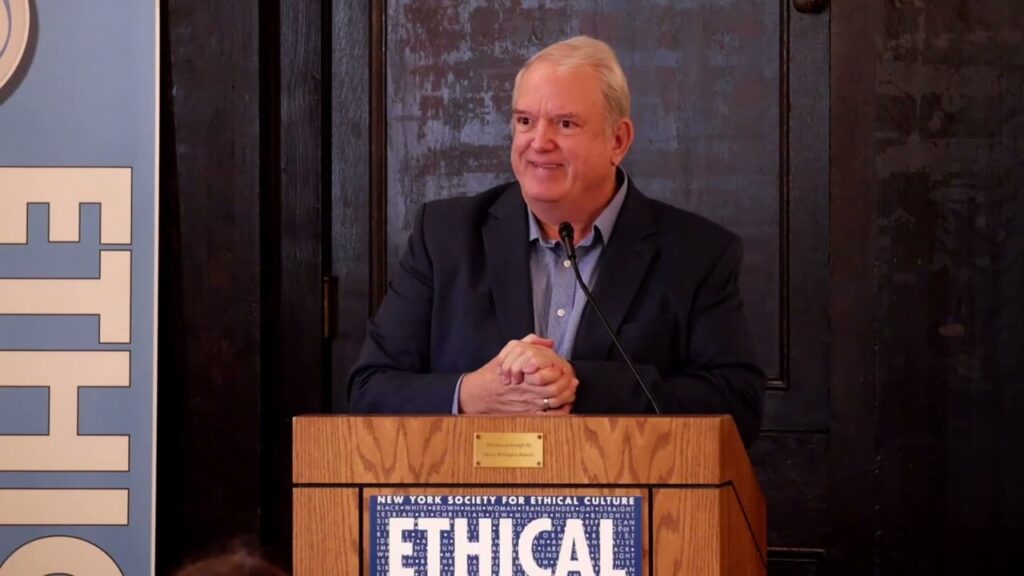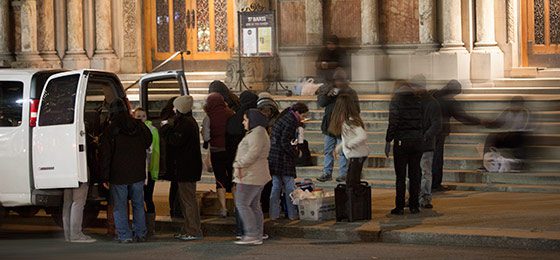
Originally posted at the American Ethical Union Blog.
We are experiencing a time as a country that may feel scary or challenging—and that also offers us an opportunity to truly put our ethical values into action. We have the chance, right now, to live what it means to elicit the best by how we respond to the spread of COVID 19. And we have the chance to experience what it is like to support public, community health while also maintaining our deep connections to each other.
We urge taking a thoughtful and information-based approach to dealing with the outbreak. This includes making the decision to cancel in-person meetings or move to having meetings via video, phone, or text-based services. If you close before you “have to,” you are protecting not just your own community members, staff, and people they come into contact with—especially older people or in other vulnerable categories—but the wider community. If you close after a case has been detected in your community your congregation may well have many cases already in the incubation stage.
A number of Ethical Societies have already canceled meetings and activities and have chosen to use video conferencing for all group meetings. It is hoped that these measures, combined with handwashing and disinfection practices, as well as maintaining physical distance between people if an in-person meeting does occur, can slow the spread of the disease. It also allows our Ethical communities to demonstrate care for and commitment to the wellbeing of the larger community.
We encourage all Ethical Societies, Society members, and friends to join in solidarity and with compassion the now worldwide effort to reduce the harm of the coronavirus and develop avenues for connection and support for one another despite the challenges posed by the need to keep physical distance between us. Take every opportunity to reach out by video chats, phone calls, email or text messages and offer support to people who may be vulnerable due to their age, ethnicity, or other factors. This is especially true for areas where “social distancing” is recommended.
Health experts say the best way to reduce the flow of patients needing treatment is to practice “social distancing”: avoid gathering in public places, stay at home as much as possible, and maintain physical distance (approximately 6 feet) from others when possible. Social distancing has been a powerful way to “flatten the curve” of the spread of the disease thus reducing the surge of demand for testing and treatment. If the number of infected individuals can be slowed the health care system will have a much better opportunity to treat everyone who needs treatment.
There are also other ethical concerns arising over the reaction to coronavirus contagion. The early reports from Wuhan, China, have led people to link COVID-19 to China and all things Chinese (and Asian). Racist incidents directed toward persons of Asian descent have been reported in several communities. The stigma associated with the coronavirus can, if left unchallenged, lead to serious and long-lasting consequences that outlive the outbreak and bring additional suffering to our communities. It is important to be careful in our expressions related to the outbreak so as to avoid adding fuel to the fire of xenophobia and other harmful prejudices. We can help mitigate these issues by speaking out against negative behaviors, being cautious about the images that we share to ensure they do not reinforce stereotypes.
The American Ethical Union strongly urges government officials at all levels to take action to mitigate the harm suffered by people affected by the virus—or by the responses to the virus. In highly impacted areas where people have been encouraged to avoid social contact, there are many people who do not have adequate resources to safely weather the storm of the outbreak—which might entail staying out of work for weeks at a time or trying to access healthcare services that are out of reach financially and overburdened by the number of infected individuals seeking help. It is cruel, unreasonable, and short-sighted to expect people to manage without additional assistance. Ensuring that people have access to food and medical care as well as assistance with expenses when unable to work is critical for those facing financial hardship.
We urge all to take to heart and follow the call by David Solnit of Climate Justice Actions & Mobilizations:
THIS MOMENT IS AN OPPORTUNITY TO CREATE ACTIVIST COMMUNITIES OF CARE:
- Refrain from mocking or dismissing peoples’ anxiety and precautionary measures.
- Offer your assistance on specific tasks or needs without judgement (whatever feels best to that particular person).
- Refrain from buying items that sick/ disabled folks need to survive when they are in short supply.
- Check in with isolated or homebound activist friends who may want to join actions in a different way.
- Some may try to seize the crisis to divide against each other based on where we come from including by scapegoating Asians and Asian Americans. There is no place for xenophobia or racism in our movements.
- Take care of yourself.
(From: Climate Justice Actions & Mobilizations; Plan Now to Adapt to Coronavirus Safety by David Solnit, March 11, 2020)
The Center for Disease Control has up-to-date information on prevention, detection, and treatment and many local governments have issued guidelines that are specific to the situation in the community. Here are steps you can take personally to help prevent or slow the slow down the spread of coronavirus infection (excerpted from Prevention of Coronavirus Disease):
- Clean your hands often with soap and water for at least 20 seconds especially after you have been in a public place, or after blowing your nose, coughing, or sneezing.
- If soap and water are not readily available, use a hand sanitizer that contains at least 60% alcohol.
- Avoid touching your eyes, nose, and mouth with unwashed hands.
- Avoid close contact with people who are sick
- Put distance between yourself and other people if COVID-19 is spreading in your community.
- Stay home if you are sick, except to get medical care.
- Cover your mouth and nose with a tissue when you cough or sneeze or use the inside of your elbow.
- Throw used tissues in the trash.
- If you are sick: You should wear a facemask when you are around other people
- If you are NOT sick: You do not need to wear a facemask unless you are caring for someone who is sick (and they are not able to wear a facemask).
Clean AND disinfect frequently touched surfaces daily. This includes tables, doorknobs, light switches, countertops, handles, desks, phones, keyboards, toilets, faucets, and sinks.
For more information visit the CDC website Prevention of Coronavirus Disease.






